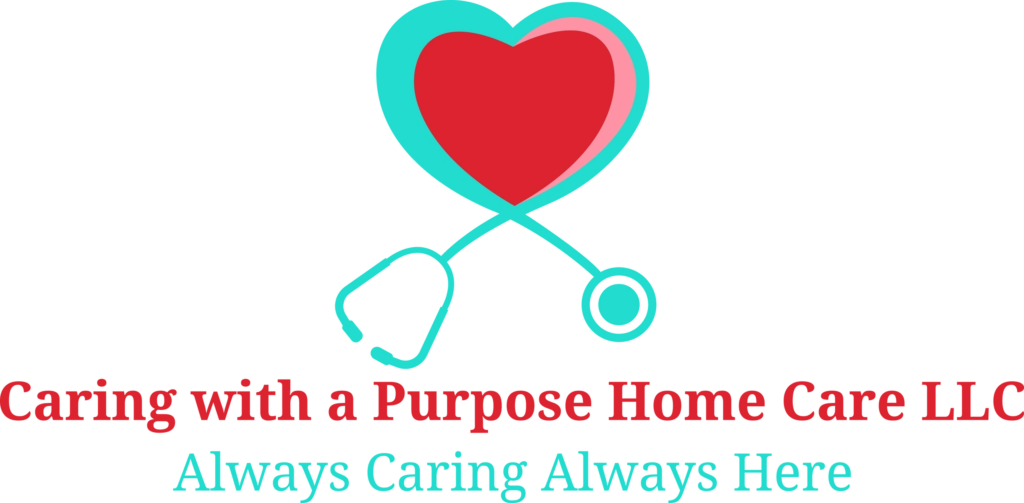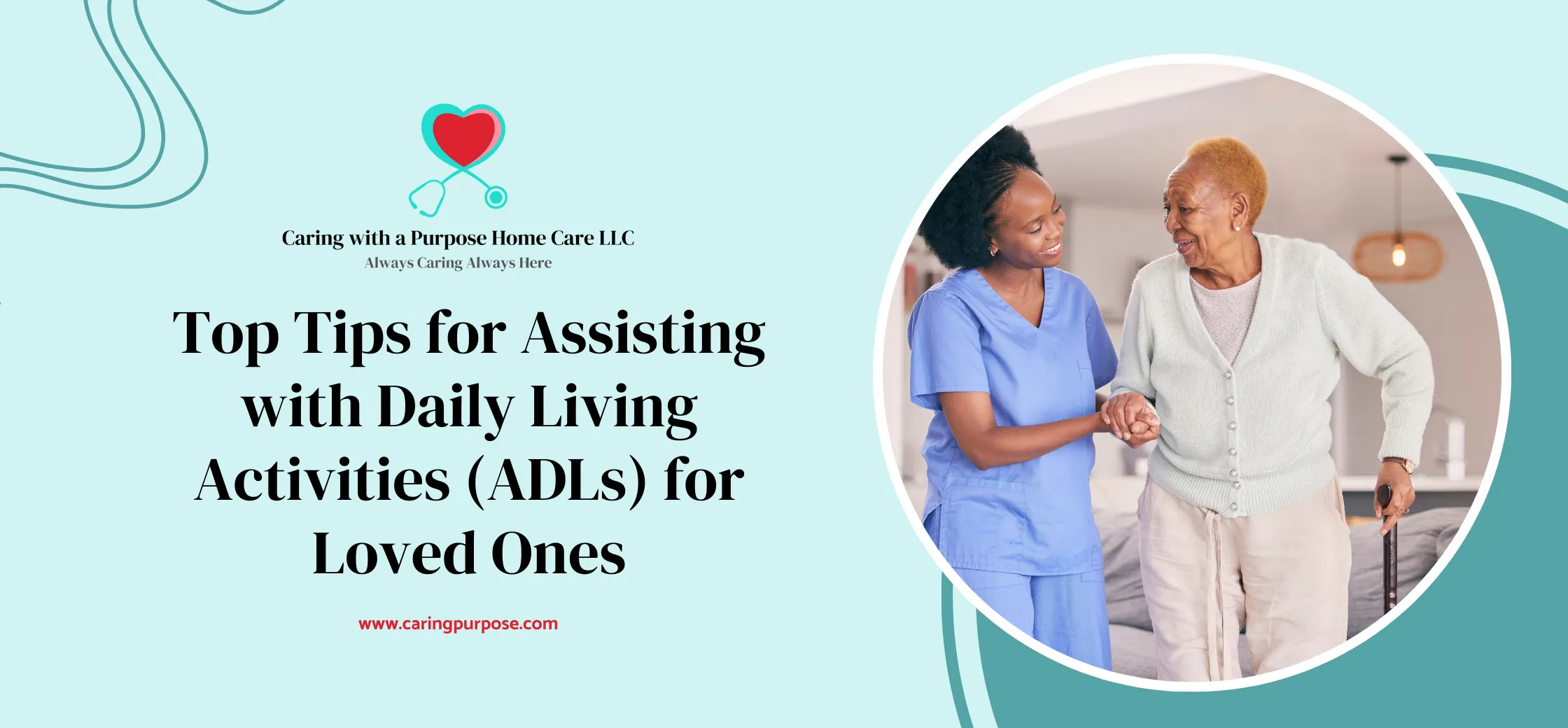Assisting loved ones with daily living activities (ADLs) is a vital part of caregiving. These activities include essential tasks like bathing, dressing, and eating. Knowing how to effectively assist with ADLs can improve your loved one’s quality of life and promote their independence.
Understanding ADLs
Daily living activities, or ADLs, refer to the basic tasks we perform every day for personal care. These include:
- Bathing and showering
- Dressing
- Eating
- Mobility (walking and transferring)
- Toileting
- Personal hygiene
Providing support in these areas ensures that your loved ones maintain their hygiene, nutrition, and overall well-being.
Tips for Assisting with ADLs
1. Promote Independence
Encourage your loved one to do as much as they can on their own. Assist only when necessary. This promotes independence and boosts their confidence. Provide adaptive tools and devices that make tasks easier and safer.
2. Establish a Routine
Creating a consistent daily routine helps reduce confusion and anxiety. Stick to regular times for activities like bathing, dressing, and meals. This predictability provides a sense of stability and comfort.
3. Be Patient and Compassionate
Approach each task with patience and empathy. Understand that certain tasks may be challenging or frustrating for your loved one. Offer reassurance and take breaks if needed to avoid stress.
4. Ensure Safety
Prioritize safety in all activities. Use non-slip mats in the bathroom, secure grab bars, and ensure adequate lighting. For mobility assistance, use proper techniques to prevent falls and injuries.
5. Respect Privacy and Dignity
Always respect your loved one’s privacy and dignity. Communicate clearly and explain each step before proceeding. Ensure they feel comfortable and involved in their care.
Techniques for Specific ADLs
Bathing and Showering
- Use a handheld showerhead and shower chair for safety and comfort.
- Ensure the water temperature is comfortable.
- Encourage your loved one to participate as much as possible.
Dressing
- Choose clothing that is easy to put on and take off.
- Lay out clothes in the order they will be worn.
- Assist with difficult tasks like buttoning or tying shoes.
Eating
- Provide utensils with larger handles for a better grip.
- Cut food into manageable pieces.
- Encourage slow and mindful eating to prevent choking.
Mobility
- Use mobility aids like walkers or canes.
- Clear pathways of obstacles to prevent falls.
- Support your loved one when transferring from bed to chair.
Toileting
- Ensure the bathroom is easily accessible.
- Install grab bars for support.
- Offer assistance with hygiene tasks as needed.
Personal Hygiene
- Provide oral care tools like electric toothbrushes.
- Assist with hair care and shaving if necessary.
- Encourage regular hygiene routines.
Benefits of Proper ADL Assistance
Enhanced Quality of Life
Providing effective assistance with ADLs improves the overall quality of life for your loved one. They can maintain their personal hygiene, comfort, and dignity, leading to a more positive outlook on life.
Reduced Risk of Injuries
Proper techniques and safety measures reduce the risk of falls and injuries. Ensuring a safe environment minimizes accidents and promotes a sense of security.
Emotional Support
Your presence and support offer emotional comfort. Engaging in these activities together strengthens your bond and provides reassurance to your loved one.
Seeking Professional Help
If you find it challenging to assist with ADLs, consider seeking professional help. Home care services provide trained caregivers who can offer support with daily living activities. This ensures your loved one receives the care they need while allowing you to focus on other responsibilities. For professional assistance with ADLs, visit our Companion/Homemaker Services page.
Conclusion
Assisting with daily living activities is an essential part of caregiving. By promoting independence, establishing routines, ensuring safety, and respecting dignity, you can provide effective support to your loved ones. These tips and techniques will help you enhance their quality of life and well-being. For detailed information about our services and to see our reviews, visit our Google business profile.


